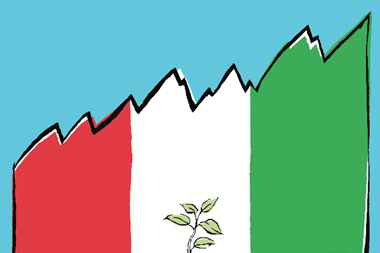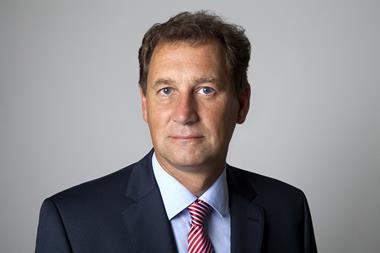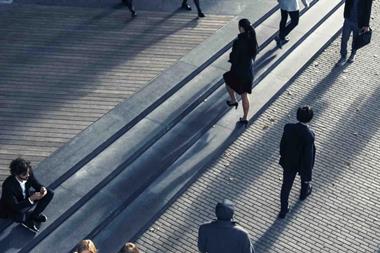Swiss pension funds returned 9.1% in 2024, further strengthening their financial position, with average funding ratios reaching the highest level recorded in the past 10 years, according to the Pensionskassen-Monitor report published today by asset manager Swisscanto.
Fully funded public pension schemes in particular reached a funding ratio of 114%, exceeding the highest level of 112.9% recorded in 2021, over a period stretching from 2015 to 2024, the Pensionskassen-Monitor disclosed.
The average funding ratio of 90.8% recorded by partially funded public pension funds last year matched the highest level recorded over the 10-year period in 2021, it added.
Last year private pension schemes reached an estimated asset-weighted funding ratio of 121.6%, close to the highest level of 122.1% recorded in 2021 over the 2015-24 period, figures in the report show.
At 79.8%, almost four-fifths of private pension funds now have a funding ratio of 115% or more, and a further 14.5% have a funding ratio of over 110%, it reported.
Swisscanto’s report also added that 71.1% of fully funded pension schemes in Switzerland now have a funding ratio of 115% or more, compared with 57.9% in the previous quarter. All fully funded pension funds now have a funding ratio of more than 105%.
The overall positive results of investments in almost all asset classes generated 1.6% in returns in the fourth quarter of last year.
As a result, private pension funds were able to further improve their funding ratios by 0.9 percentage points, while fully funded public schemes improved their funding ratios from 113 to 114%, and partially funded pension funds saw an increase of 0.7 percentage points to 90.8% quarter-on-quarter in Q4, the report added.
Equities (27.6%) and commodities (13.5%) were the best-performing asset classes last year, as opposed to world bonds hedged in Swiss francs, returning -0.1%, and Swiss bonds returning 5.3% last year.
The Swiss National Bank took a hawkish stance, cutting interest rates by 0.5 percentage points to 0.5% in December, and further interest rate adjustments are expected in 2025, and a return to negative interest rates cannot be ruled out.
This is why falling interest rates will likely lead to pension funds reviewing their asset allocations, reshuffling investments and cutting their exposure to fixed income at levels seen before 2022, according to consultancy Complementa.
Consultancy PPCmetrics estimated an average return of 8.7% in 2024, a successful investment year for Swiss pension funds, but the development of interest rates casts a shadow on the positive figures.
In the short term, Swiss bonds benefitted from the lower interest rates, but in the long term, the low interest rates pose a challenge for Swiss pension funds, the consultancy said.
The latest digital edition of IPE’s magazine is now available























